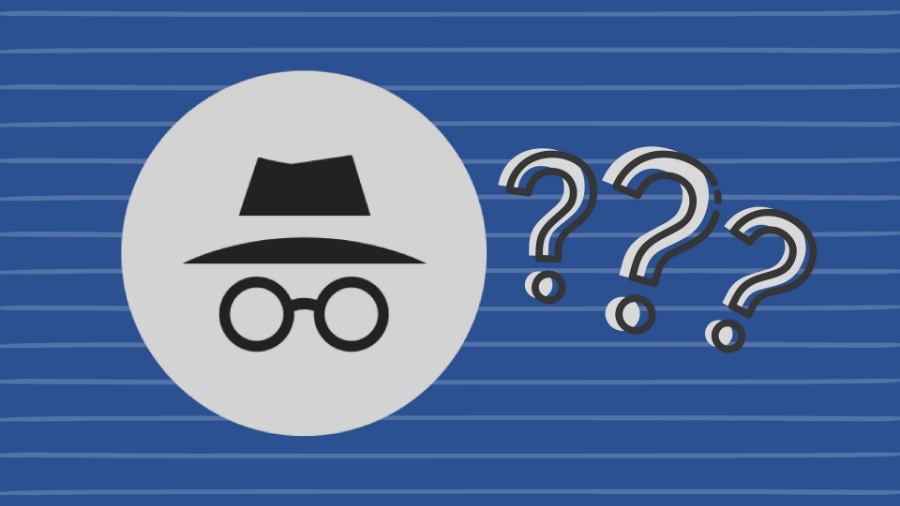Google tracks Chrome users even in “incognito” mode
If you use Google’s Chrome browser to surf the web and do so “incognito,” which is supposed to mean private browsing, you should know that the Silicon Valley giant is still secretly tracking your web activity.

The Alphabet Inc. company says activating “stealth” mode in Chrome simply means that the company will not “remember your activity.” It does not mean that Google is unable to see which websites you visit and how often you visit them, which may come as a surprise to some.
U.S. District Judge Lucy Koh, who is known for taking Big Tech to task for its crimes against humanity, responded to a class-action lawsuit against Google by saying she is “disturbed” about the multinational corporation’s data collection practices, which are deceptive at best.
The suit seeks $5,000 in damages for each of the millions of Chrome users whose privacy has been violated since June 2016. Koh says she finds it “unusual” that Google would make the “extra effort” to collect data like this if it supposedly does not use it to profile users and target them with advertising.
Google is and has been embroiled in multiple lawsuits involving its monopolistic practices, including its privacy abuses in digital advertising and online search. In one of them, Koh successfully forced Google to disclose its scanning of private emails to build profiles and target advertising.
In this case, Google is accused of embedding code within websites that use its analytics and advertising services to scrape data from users’ supposedly private browsing history and relay it to Google servers for processing.
Google makes it seem like private browsing mode gives users more control of their data, says lawyer Amanda Bonn, but in reality “Google is saying there’s basically very little you can do to prevent us from collecting your data, and that’s what you should assume we’re doing.”
Google is evil; stop using its products
Andrew Shapiro, a lawyer for Google, insists that his client’s privacy policy “expressly discloses” the fact that almost nothing is private when you use a Google product. “The data collection at issue is disclosed,” he says.
Stephen Broome, another Google lawyer, says websites that contract with Google to use its analytics or other services are well aware of his client’s data collection practices and that they are not a secret.
Broome attempted to downplay the privacy concerns of the plaintiffs, as well as those of the court, by pointing out that the federal court system’s own website uses Google services. This tactic backfired, however, when the judge demanded an explanation as to “what exactly Google does” while voicing concerns that visitors to the court’s website are unwittingly disclosing private information to Google.
“I want a declaration from Google on what information they’re collecting on users to the court’s website, and what that’s used for,” Koh told Google’s lawyers.
The takeaway from all this is that Google cannot, and should not, be trusted. Everything it does is for the purpose of making money, seizing power, eliminating people’s rights, and ultimately achieving world domination.
“Plus, Google and Alphabet stole Oracle’s code, so their whole business is based on that theft,” pointed out a commenter about another Google rabbit hole.
“The case is at the Supreme Court, to be heard soon. Open and shut really, Google is finished. Even the criminals on the Supreme Court can’t let this one slide. It’s too obvious.”
Another commenter agreed, adding that “Google’s days are numbered” because they “never learn that the pendulum can only swing so far in one direction before it is necessary to return.”
yogaesoteric
February 10, 2022
